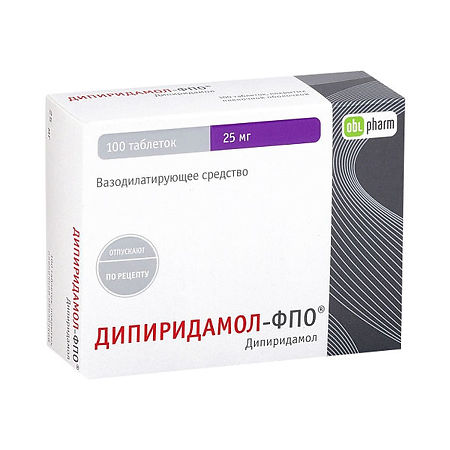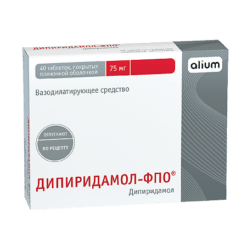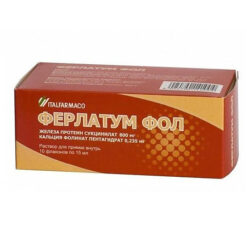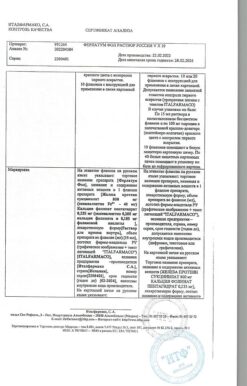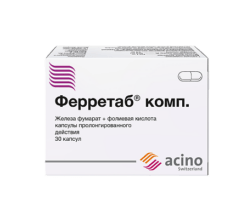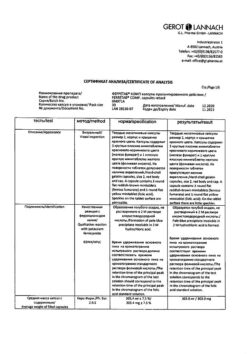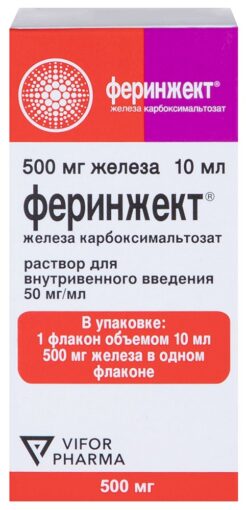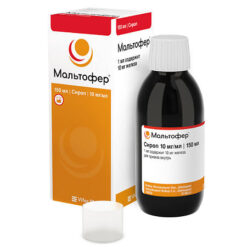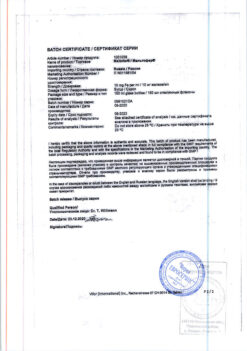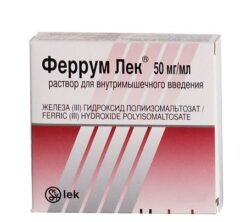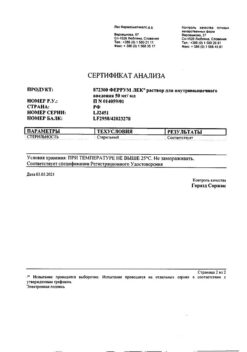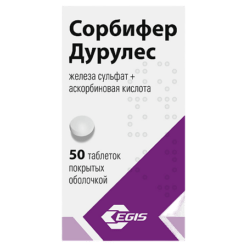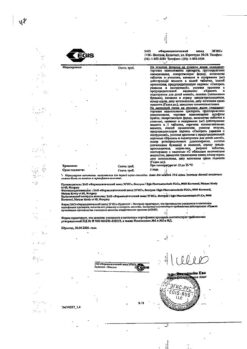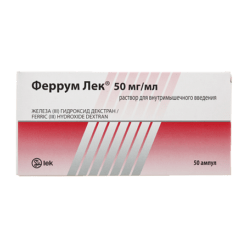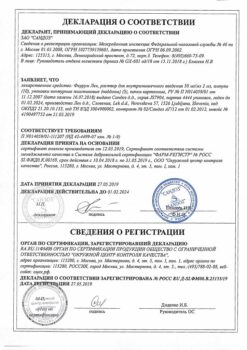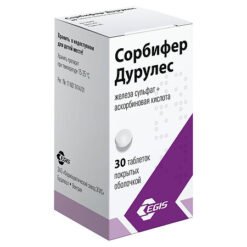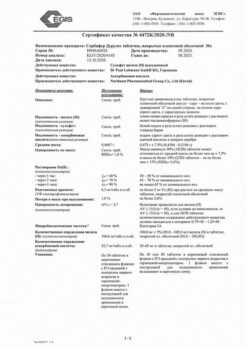No products in the cart.
Dipyridamol-FPO, 25 mg 100 pcs
€1.00
Out of stock
(E-mail when Stock is available)
Description
Antiplatelet, angioprotector, immunomodulator. It has an inhibitory effect on platelet aggregation, improves microcirculation.
It has a vasodilator effect, reduces resistance of resistive coronary vessels (mainly arterioles), increases the volume velocity of coronary blood flow. It is able to decrease perfusion of ischemic zones of myocardium.
The mechanism of action is not fully clarified. It is believed that dipyridamole increases adenosine content (by disrupting its reuptake), and also promotes increase of the concentration of CAMF due to inhibition of FDE enzyme.
As a pyrimidine derivative, dipyridamole is an interferon inducer and has a modulating effect on the functional activity of the interferon system, increases reduced production of interferon alpha and interferon gamma by blood leukocytes in vitro. Increases nonspecific resistance to viral infections.
Indications
Indications
Treatment and prevention of ischemic cerebral circulatory disorders, dyscirculatory encephalopathy.
Prevention of arterial and venous thrombosis and their complications, prevention of thromboembolism after heart valve replacement surgery.
Prevention of placental insufficiency during complicated pregnancy.
As part of complex therapy for any microcirculation disorders.
As an interferon inducer and immunomodulator for the prevention and treatment of influenza, ARVI.
Pharmacological effect
Pharmacological effect
Antiplatelet agent, angioprotector, immunomodulator. It has an inhibitory effect on platelet aggregation and improves microcirculation.
It has a vasodilating effect, reduces the resistance of resistive coronary vessels (mainly arterioles), and increases the volumetric velocity of coronary blood flow. Able to reduce perfusion of ischemic areas of the myocardium.
The mechanism of action has not been fully elucidated. It is believed that dipyridamole increases the content of adenosine (impairing its reuptake), and also helps to increase the concentration of cAMP due to inhibition of the PDE enzyme.
As a pyrimidine derivative, dipyridamole is an interferon inducer and has a modulating effect on the functional activity of the interferon system, increases the reduced production of interferon alpha and interferon gamma by blood leukocytes in vitro. Increases nonspecific resistance to viral infections.
Active ingredient
Active ingredient
Dipyridamole
Composition
Composition
1 tablet contains:
Active substance:
dipyridamole – 25 mg;
Excipients:
lactose monohydrate – 32.1 mg,
microcrystalline cellulose – 30 mg,
croscarmellose sodium – 3 mg,
copovidone – 4 mg,
magnesium stearate – 0.9 mg.
Shell composition:
hypromellose – 1.24 mg, polysorbate-80 – 0.24 mg, quinoline yellow dye – 0.02 mg, titanium dioxide – 0.5 mg.
Contraindications
Contraindications
· Acute myocardial infarction, unstable angina, widespread stenotic atherosclerosis of the coronary arteries.
Subaortic aortic stenosis
Decompensated heart failure
Hypertrophic obstructive cardiomyopathy
· Arterial hypotension and hypertension
Severe heart rhythm disturbances
· Hemorrhagic diathesis
· Diseases with a tendency to bleeding (peptic ulcer of the stomach and duodenum, etc.)
Chronic obstructive pulmonary disease
· Liver and/or renal failure
· Hypersensitivity to the components of the drug.
With caution Lactation period, children’s age (under 12 years – lack of sufficient experience).
Side Effects
Side Effects
Palpitations, bradycardia, thrombocytopenia, changes in the functional properties of platelets, bleeding, a feeling of ear fullness, noise in the head, arthritis. Vomiting, diarrhea, epigastric pain, as well as symptoms such as weakness, dizziness, nausea, headache, myalgia, and rhinitis may occur. Usually these side effects disappear with long-term use of Dipyridamole.
As a result of the potential vasodilatory effect, Dipyridamole in high doses can cause arterial hypotension, hot flashes and tachycardia, coronary steal syndrome (at doses greater than 225 mg per day).
Hypersensitivity reactions such as rash or urticaria are possible.
If side effects occur, you should inform your doctor.
Interaction
Interaction
Xanthine derivatives (coffee, tea) can weaken the vasodilatory and antithrombotic effects of Dipyridamole. The use of Dipyridamole simultaneously with direct and indirect anticoagulants (heparin) and thrombolytics or acetylsalicylic acid increases the risk of hemorrhagic complications, which must be taken into account when used together.
Dipyridamole may enhance the effect of antihypertensive drugs.
Dipyridamole may reduce the anticholinergic properties of cholinesterase inhibitors.
The antiaggregative effect is enhanced when taking cephalosporin antibiotics (cefamandole, cefaperazone, cefatetan), penicillin antibiotics, tetracyclines, chloramphenicol, beta-lactams, nicotinic acid.
Antacids reduce maximum concentrations due to decreased absorption.
Overdose
Overdose
Symptoms: short-term hypotension.
Treatment: symptomatic (including management of vasopressor agents).
Manufacturer
Manufacturer
Alium JSC, Russia
Additional information
| Manufacturer | Alium JSC, Russia |
|---|---|
| Medication form | pills |
| Brand | Alium JSC |
Other forms…
Related products
Buy Dipyridamol-FPO, 25 mg 100 pcs with delivery to USA, UK, Europe and over 120 other countries.

